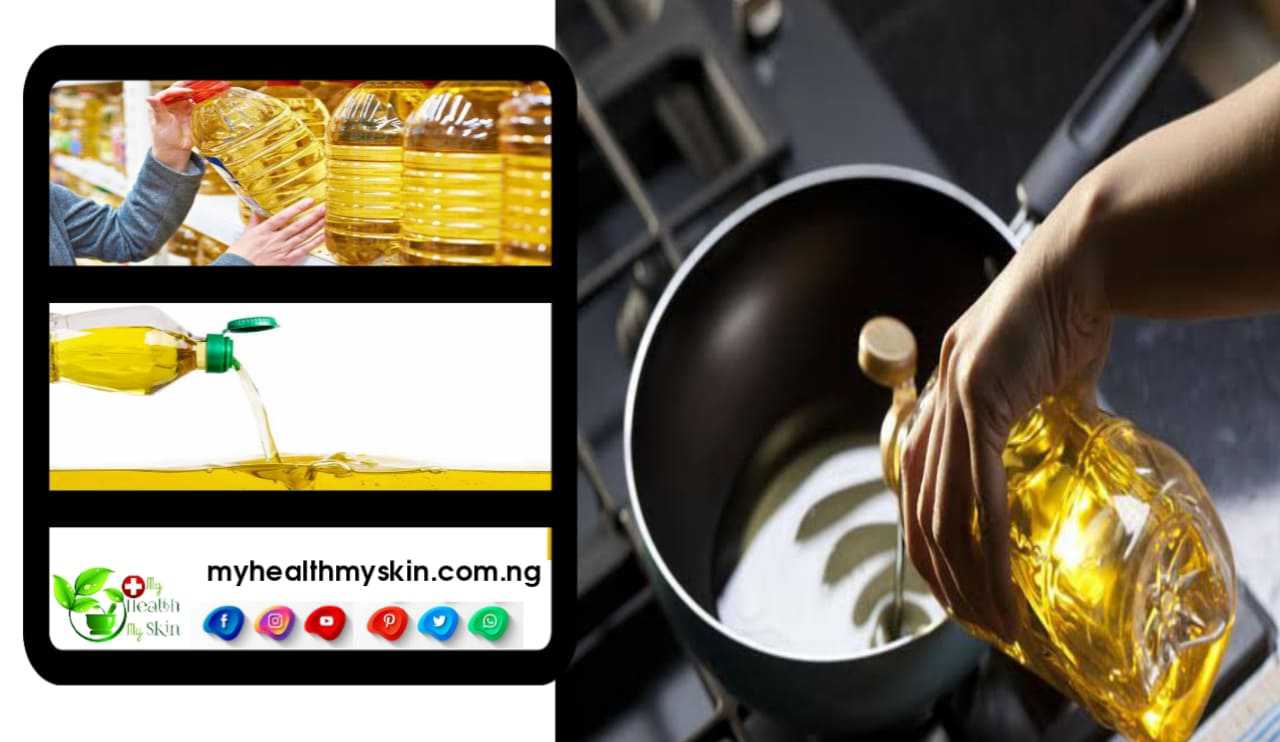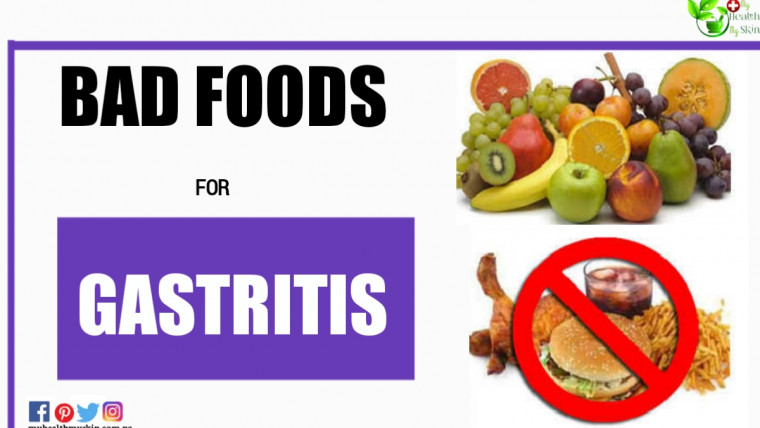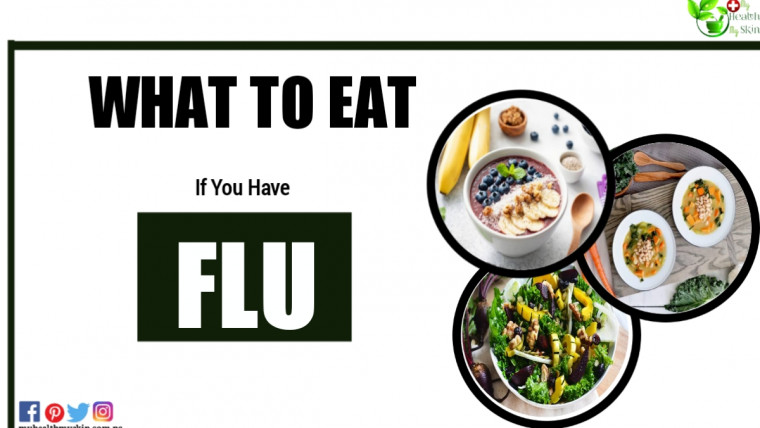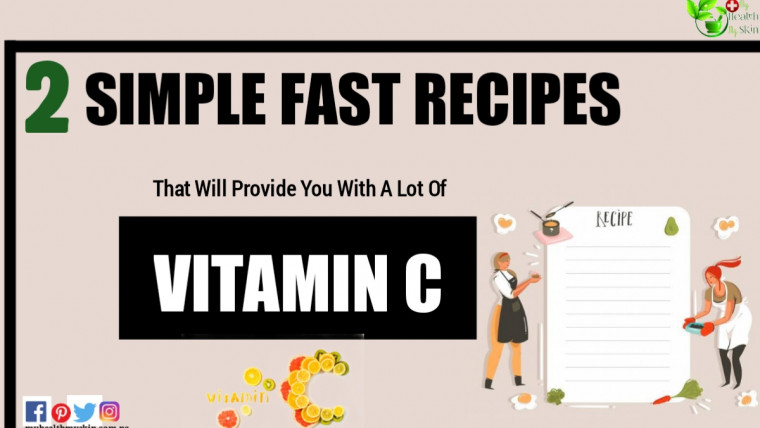So far, vegetable oil has always been linked as a healthier and safer choice of oil for consumption. The basic ingredients made from vegetables make this type of oil considered safer and much preferred.
This vegetable oil can come from various plants such as canola, coconut, corn, olive, palm, soybean, sunflower, or safflower. These various types of oil tend to be easier to find on the market and have lower prices.
Apart from cooking and baking, there are a number of other uses of vegetable oil in everyday life. This oil is commonly used in sauces, margarine, salad dressings, biodiesel production, and other industrial products.
A study revealed that coconut oil can increase the amount of good cholesterol in the body. In olive oil, consumption of this type of oil is known to reduce the risk of heart disease and stroke.
Even though it has a number of benefits, there are negative effects that can arise from consuming certain types of vegetable oil. This product is usually processed so that it is exposed to a number of chemicals. According to report, here are a number of impacts that can be caused by vegetable oil.
Health Problems That Can Arise from Vegetable Oil Consumption
Vegetable oils contain trans fats
Trans fats are formed when liquid oils turn into solid fats at room temperature. This process is called partial hydrogenation which aims to prevent the oil from going rancid quickly. But it is this process that makes trans fats far more dangerous than saturated fats.
Saturated fat and trans fat can both cause arteries (the main blood vessels to carry blood flow to the heart) to clog. If the arteries are blocked, the risk of various types of heart disease can increase, whether it’s a heart attack or even a stroke.
The difference is, trans fat increases bad cholesterol and lowers good cholesterol. Saturated fat does not cause a decrease in good HDL cholesterol which is beneficial for heart health. Trans fats are also associated with an increased risk of cancer, diabetes and obesity.
If you want to reduce the health risks of trans fats, cutting out packaged and fast food is not enough. You also need to reduce the use of vegetable oil for frying, or even as a salad dressing. A study found that soybean oil and canola oil contain about 0.56-4.2% of toxic trans fats.
Vegetable oils contain large amounts of omega-6
Vegetable oil is the largest source of linoleic acid compared to other types of food. Linoleic acid is a type of omega-6 fatty acid which, when consumed in excessive amounts, can increase the risk of various health problems.
Both omega-3 and omega-6 both produce eicosanoids compounds, but have different properties. The eicosanoids produced by omega-6 trigger inflammation, while those produced by omega-3 fight inflammation.
Read Also: How to make homemade avocado oil
Ironically, today’s modern diet tends to lead people to eat too much omega-6, but too little omega-3 intake. Thus, the anti-inflammatory properties of omega-3 are not strong enough to counteract the inflammatory properties of omega-6.
Increased inflammation can increase the risk factors for several serious diseases, such as heart disease, arthritis, depression, and even cancer.
Inflammation caused by omega-6 may also damage the DNA structure.
Linoleic acid can accumulate in the body’s fat cells, cell membranes, until it is absorbed into breast milk. Increased omega-6 in breast milk is associated with asthma and eczema in children.
In addition to vegetable oil, omega-6 is also contained in refined seed oils such as soybean oil, sunflower oil, corn oil and canola oil which have been classified as healthy oils.
Memory loss
Brominated vegetable oil is another form of this product in the form of soft drinks. Previous research has shown that this oil can cause memory loss as well as problems with heart, liver and thyroid health. It is also known to cause headaches and fatigue.
Heated vegetable oil is harmful if inhaled
Consumption of vegetable oil is closely related to an increased risk of heart disease and cancer. This is because when oil is heated to high temperatures it reacts with oxygen from the surroundings, which then forms aldehydes and lipid peroxides. Consuming lipid aldehydes and peroxides, even in small amounts, is linked to an increased risk of heart disease and cancer.
When inhaled through the lungs, vapors from aldehydes and lipid peroxides can increase your risk of lung cancer even if you’re just around in the kitchen cooking oil.
Alternative to Vegetable Oil
There are a number of vegetable oils that are healthier than other types. You can choose to consume extra-virgin olive oil, coconut oil, avocado oil, and ghee as a substitute for other potentially harmful vegetable oils.
A number of these products can provide various health benefits. For example, this oil can promote heart health, metabolism, and better brain function.
We hope this article helped you learn about Dangers of using vegetable oil. You may also want to learn 7 Ways to Consume Safe and Healthy Olive Oil for Food, or check out our Diet & Nutrition category.
If you liked this article, then please share on your social networks and stay tuned for upcoming articles. You can also find us on Telegram and Facebook.









